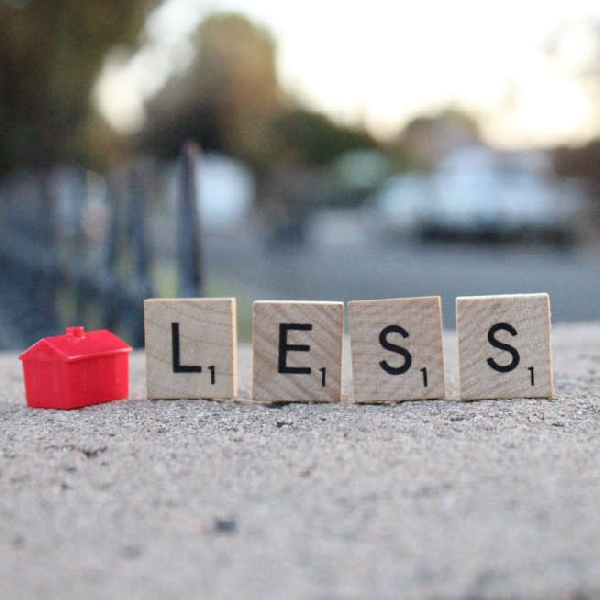
"If I didn’t have a child, I’d have left by now,” Louise said, reflecting on the growing number of Irish people considering emigration
As Ireland's housing crisis continues to escalate, single people across the country - some with children - are finding themselves in increasingly desperate situations, caught between exorbitant rents, limited housing assistance, and long waitlists for social housing.
Local woman Louise, a single mother and professional, shares her struggle - one that resonates with thousands who feel abandoned by a system seemingly designed for dual-income households or families.
“When my relationship broke down in 2022, I had to return to my parents’ house,” Louse said.
Despite a steady job at the time, her single income wasn’t enough to cover Ireland’s steep rental prices or save for a down payment on even the most modest property.
Louise reached out following an item on Kildare Today, that detailed how there were just three properties within the discretionary rate of the Housing Assistance Payment Scheme (HAP) available to rent in Kildare.
According to the Simon Communities of Ireland’s quarterly Locked Out of the Market report for October 2024, just 33 homes were available through HAP across 16 local authority areas.
In 12 of the 16 areas, there were no properties available to rent within either the standard or discretionary HAP limits.
No properties were available for a single person/couples through discretionary HAP rates in Kildare.
Today, many single adults like Louise are finding that housing has become a near-impossible hurdle, one that threatens their stability and independence.
The reality of her situation became even bleaker in 2023 when she lost her job, leaving her with no income at all.
Without a partner to share costs, she has been left navigating a complex web of public assistance options, only to find more barriers.
“The council tells you to apply, but single people are so low on the priority list. If you’re not already homeless, it feels like they don’t consider it an emergency,” she says, echoing a common frustration shared by many in her situation.
Louise, who has witnessed friends and neighbours leave the country, said the crisis has even begun affecting her feelings about her home.
"If I didn’t have a child, I’d have left by now,” she said, reflecting on the growing number of Irish people considering emigration.
For single individuals, this crisis often compounds existing financial challenges.
Rent for a one-bedroom apartment in Kildare, for instance, starts around €1,600 — an insurmountable cost for someone with a single income, according to Louise.
“Landlords are bombarded with applicants,” she explains. “When they see you’re a single-income applicant, you’re often not considered. Many feel safer renting to couples with dual incomes.”
She said the plight of single people has exposed glaring gaps in government housing policy.
She said some local TDs have asked her what her parents will do next.and that there's seems to be "an assumption" that she will just continue living with her parents.
She explained how as a single person in Ireland, it just doesn't seem "possible" to be able to rent or own a home.
The recent budget, she believes, didn't do much to help single people or one-parent families.
She said she has been engaging with local cllrs over the past two years and they have seen how her situation has "progressed to where it is now".
Support services, she argues, seem focused on family units or individuals with urgent homelessness status.
But in many cases, single people who live with parents or in other transitional arrangements are teetering on the edge of homelessness with nowhere to turn if these temporary living situations end.
While single people often make up a significant portion of housing lists, they face some of the longest waits and least affordable options.
Local councils are stretched beyond capacity, and in regions like Kildare, housing options are further limited by skyrocketing rent and infrastructure strains, Louise said.
“Even if I move to a less expensive area, rents remain prohibitively high, and I don’t have the same support networks there."
"There are people out there in a worse situation," but she "doesn't want a hand" that she "just wants a start".
As her situation grows increasingly dire, Louise is weighing unconventional solutions: she’s considered moving into a mobile home, even though planning restrictions might prevent it.
She said if she had the choice, she would leave the country.

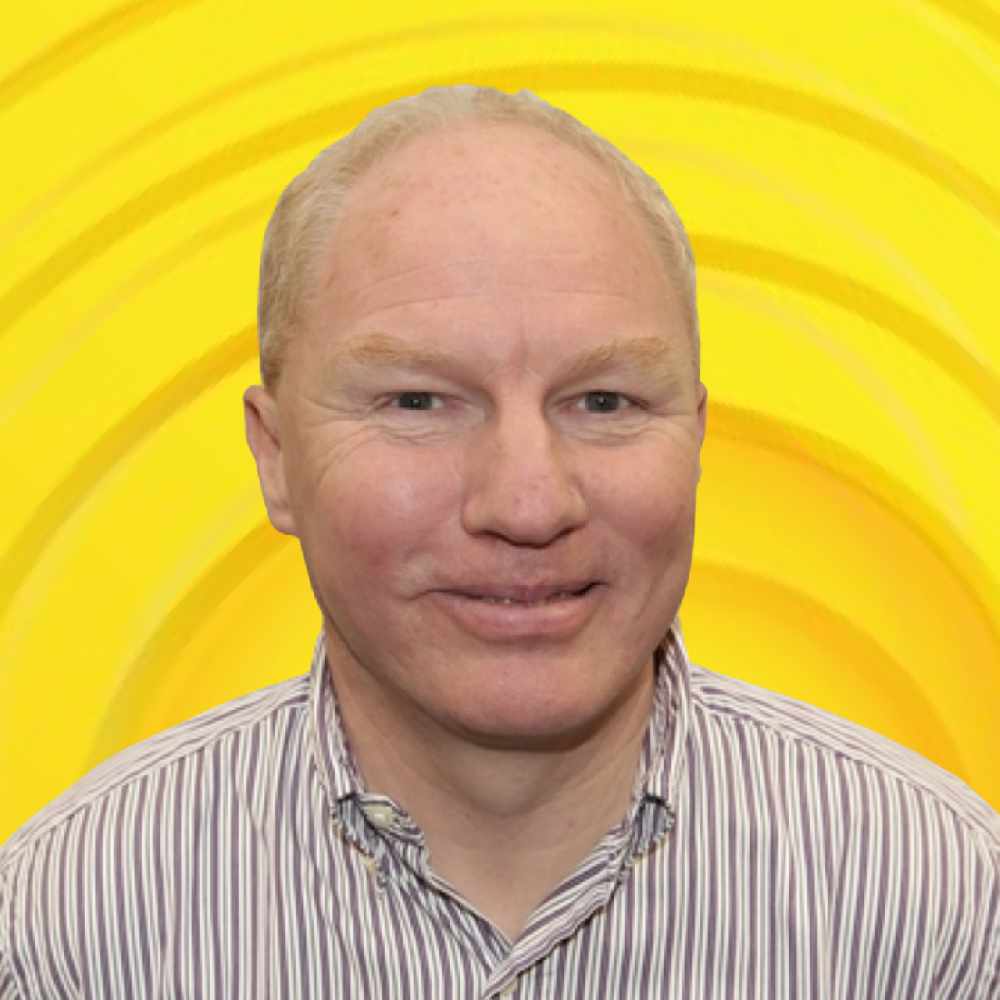

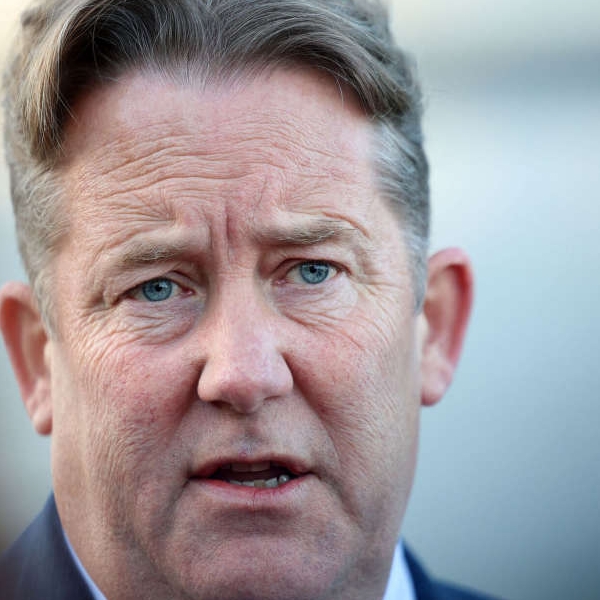 Transport Minister In Discussions With Irish Rail About Extending Late-Night Trains Beyond Christmas
Transport Minister In Discussions With Irish Rail About Extending Late-Night Trains Beyond Christmas
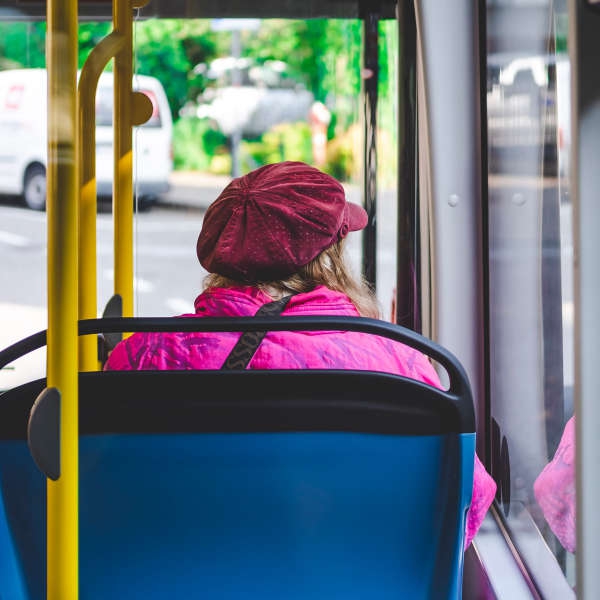 Bus Shelters Treated As Luxury Rather Than Standard, With 500 Kildare Bus Stops In Need Of Upgrades
Bus Shelters Treated As Luxury Rather Than Standard, With 500 Kildare Bus Stops In Need Of Upgrades
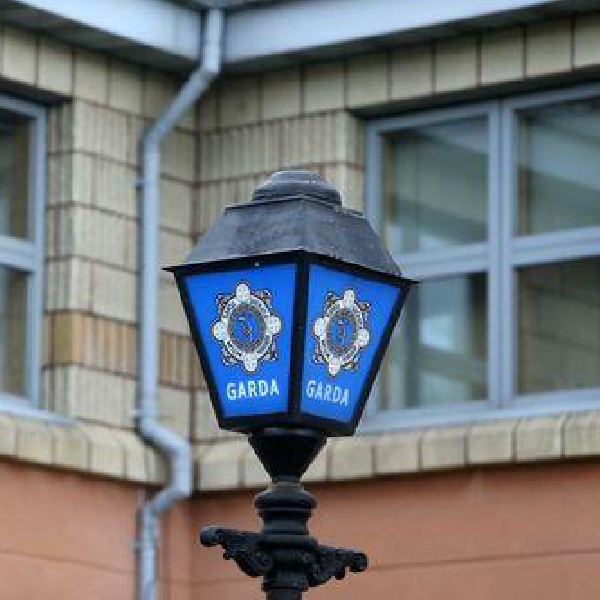 Recruitment Announcements Don’t Add Up As Garda Numbers Stagnant In Kildare South, Says Local TD
Recruitment Announcements Don’t Add Up As Garda Numbers Stagnant In Kildare South, Says Local TD
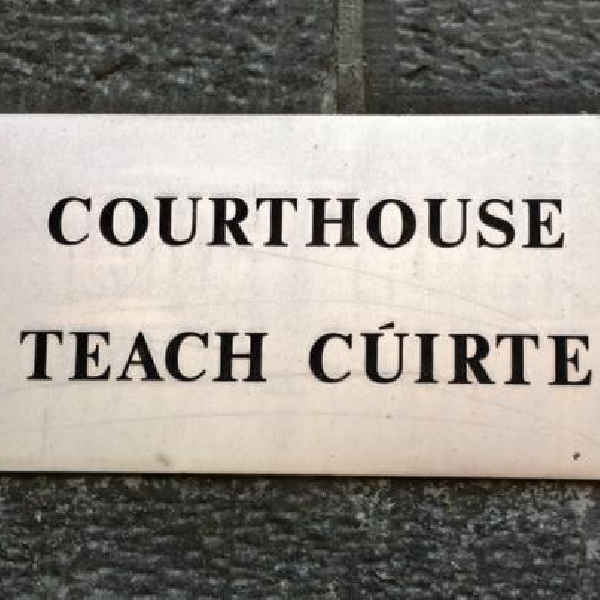 Court Orders Demolition Of 29 Unauthorised Modular Homes Built By Kildare Developer
Court Orders Demolition Of 29 Unauthorised Modular Homes Built By Kildare Developer
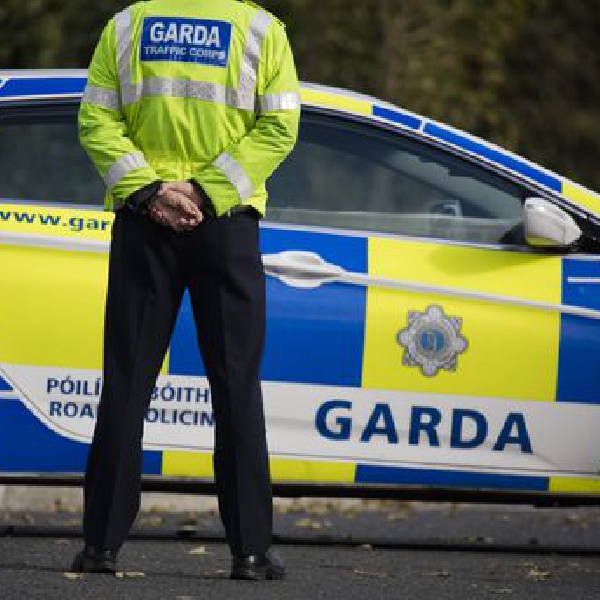 170 People Arrested In Past Week For Driving Under Influence Of Alcohol Or Drugs
170 People Arrested In Past Week For Driving Under Influence Of Alcohol Or Drugs
 €239k For Clane Playground As Kildare Secures Funding For Just Two Projects
€239k For Clane Playground As Kildare Secures Funding For Just Two Projects
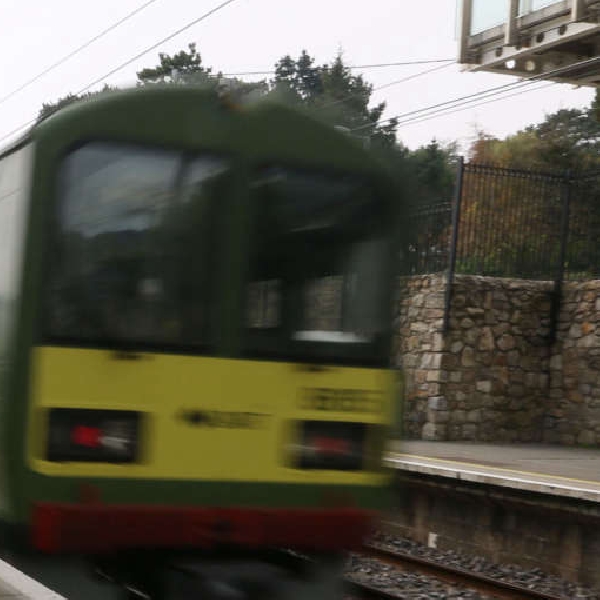 Minister’s Letter: DART+ South West Entirely Dependent On Successful Delivery Of DART+ West
Minister’s Letter: DART+ South West Entirely Dependent On Successful Delivery Of DART+ West
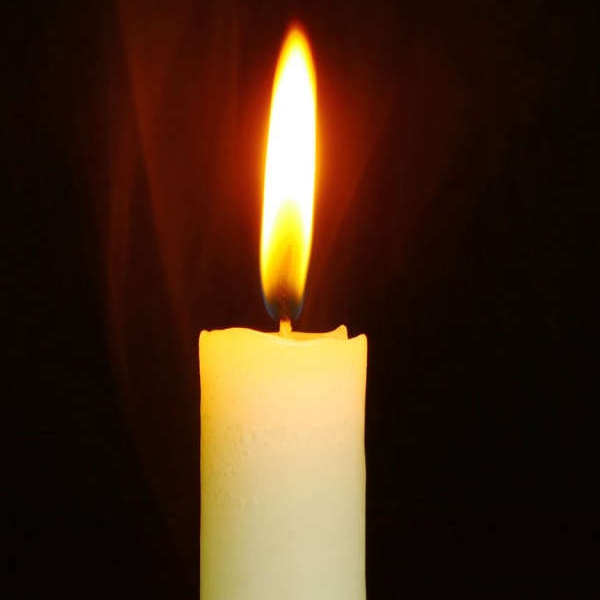 Kfm Weekend Obituary Notices
Kfm Weekend Obituary Notices

